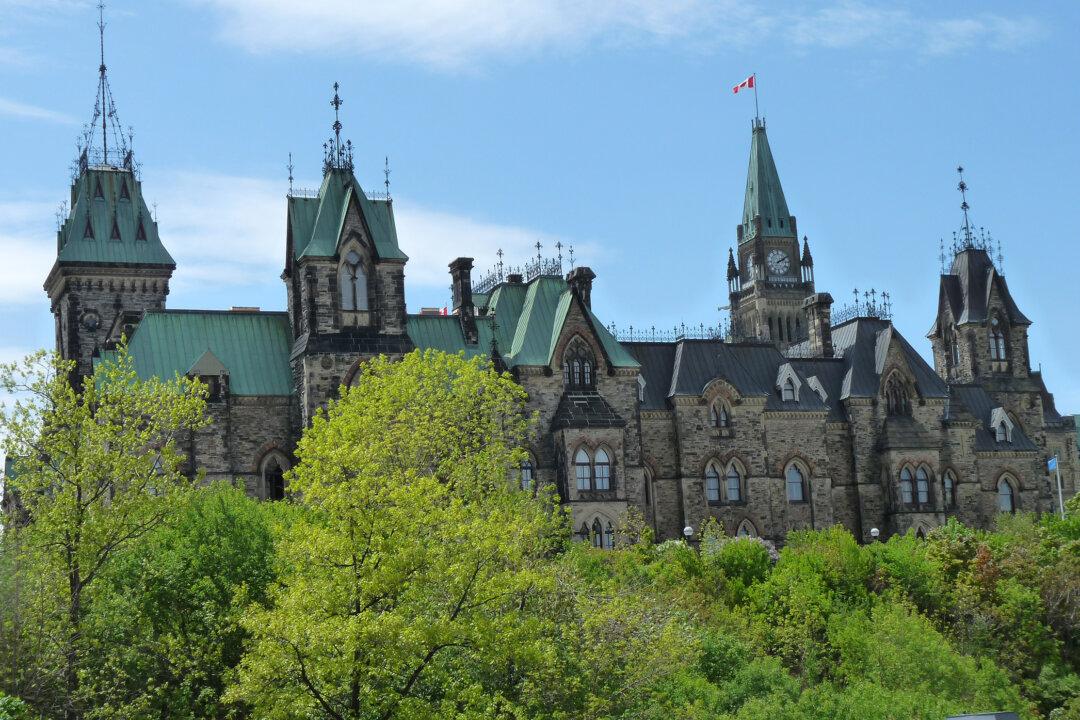The Liberal government managed to pass some of its most noteworthy pieces of legislation before Parliament rose this week for its over two-month summer recess, but several impactful bills will still be pending when the House of Commons reconvenes in September.
Both of the government’s online-regulation bills—the Online Streaming Act and the Online News Act—passed in Parliament’s final weeks, bringing to a close over a year of debate on the matter.





